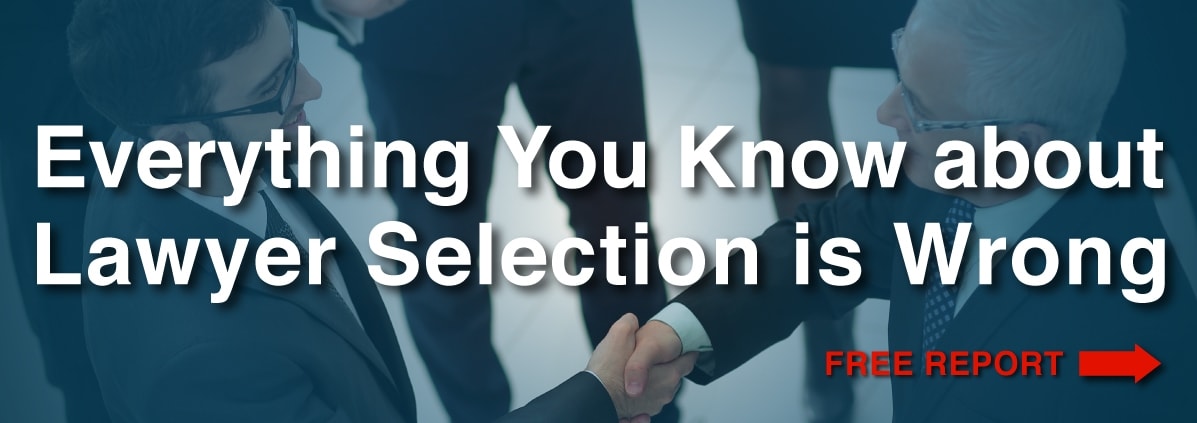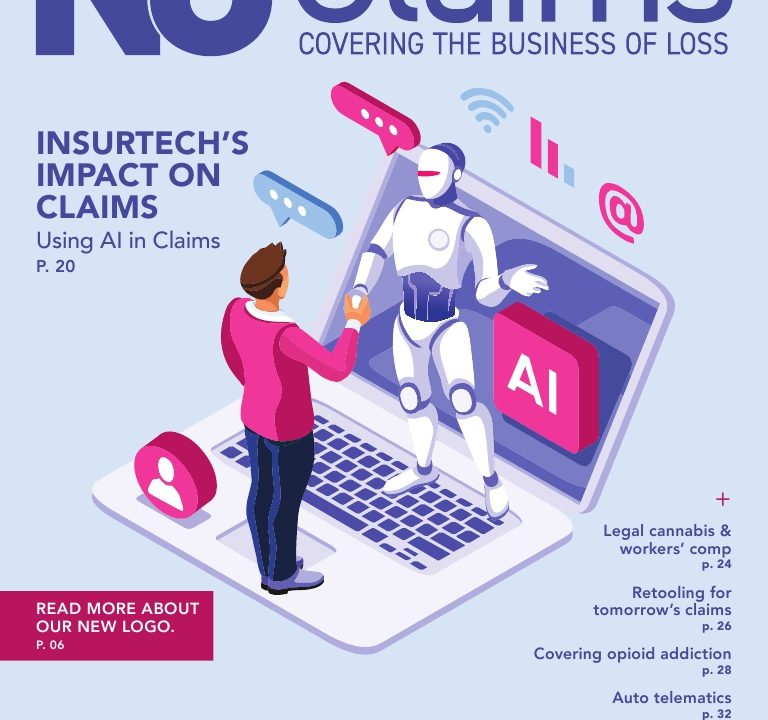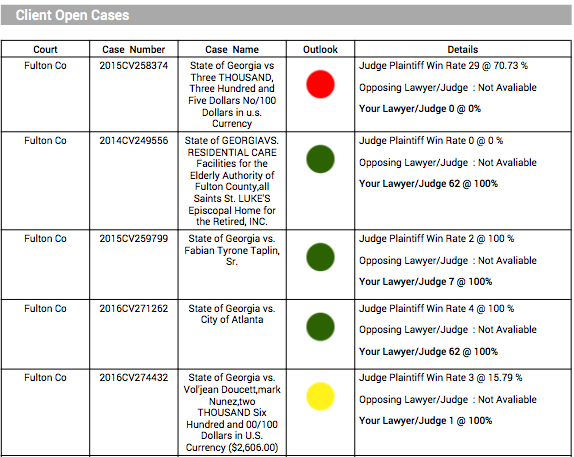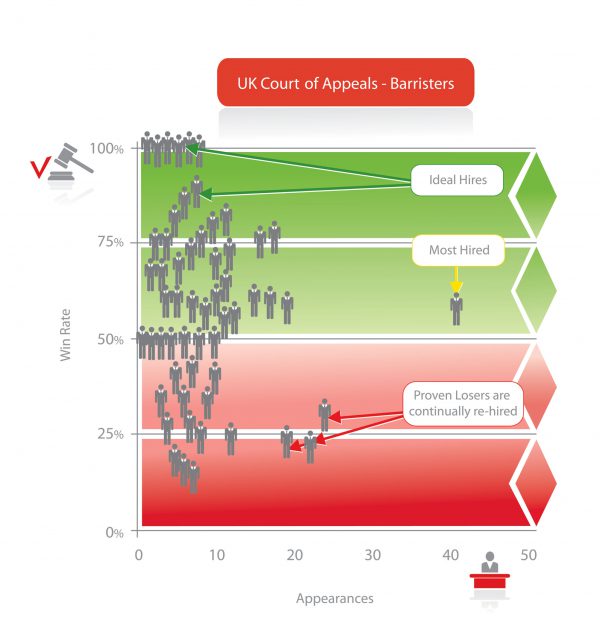THE ESPN OF LAW – CLIENTS ARE WATCHING
THE ESPN OF LAW – CLIENTS ARE WATCHING
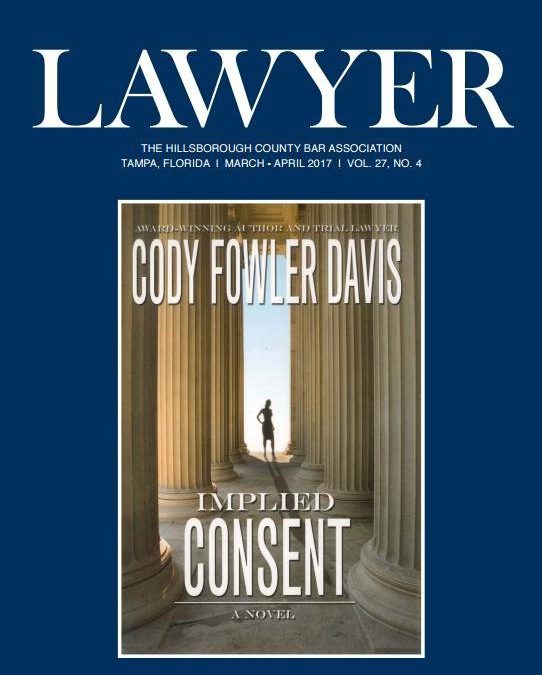
The discussion about artificial intelligence (AI) in law has largely been framed around whether AI will replace lawyers and cut into law firm profit margins. But this frame only covers a fraction of the legal market canvas and misses the overarching concern for corporate clients: How will AI provide increased transparency and enhanced risk management tools for in-house legal departments?
Since 2008, corporate clients have been leveraging their purchasing power over law firms to obtain discounted rates and scrutinize invoices. While the billable hour is under siege, and firms are fighting to protect their market share, litigation has been seen as one of the last true strongholds for firms. But even large litigation departments are not immune from new performance metrics once adopted by powerful market participants.
“Every great change in law will come from transparency,” claims Toby Unwin, CIO and co-founder of Premonition, a Miami- based, AI-infused legaltech company that was founded in 2014, and raised a seed round at a $100 million valuation. Premonition has been on the forefront of using AI to analyze lower court decisions to provide insights into attorney
win rates, case-duration statistics, and judicial analytics to corporate clients.
“Win rates are standard,” notes Unwin, “they’ve been adopted by enough companies, and they’re not going to go away.”
Some of the biggest insurance companies in the market have been using Premonition’s data to predict their chances of winning and to determine whether to settle cases. If win rates are good enough for insurance companies, which drive the litigation market, it is only a matter of time before other corporate clients catch wind. For in-house counsel, reducing litigation risk and legal spend is in their client’s best interest. Imagine if corporate counsel acquired win rate data for an important case and discovered that opposing counsel had won nine out of the last ten times in front of the presiding judge, with an average case duration of five years. This data can not only provide corporate counsel with a more forward-thinking perspective, but it also can help forecast the overall cost of litigation for their client. Unwin also notes that there are now a dozen different companies offering win rate products.
But these companies, including Bloomberg, LexisNexis and Lex Machina, are not currently equipped to or geared toward providing metrics on lower court decisions on a nationwide or global basis. Focusing on appellate decisions and niche areas of law, these companies are like local sports news stations reporting on highlight reels. On the other hand, Premonition, armed with the largest litigation database in the world and an AI system analyzing thousands of new cases per day, is the ESPN of law, and your clients are watching.
Source: Jeff Cox

